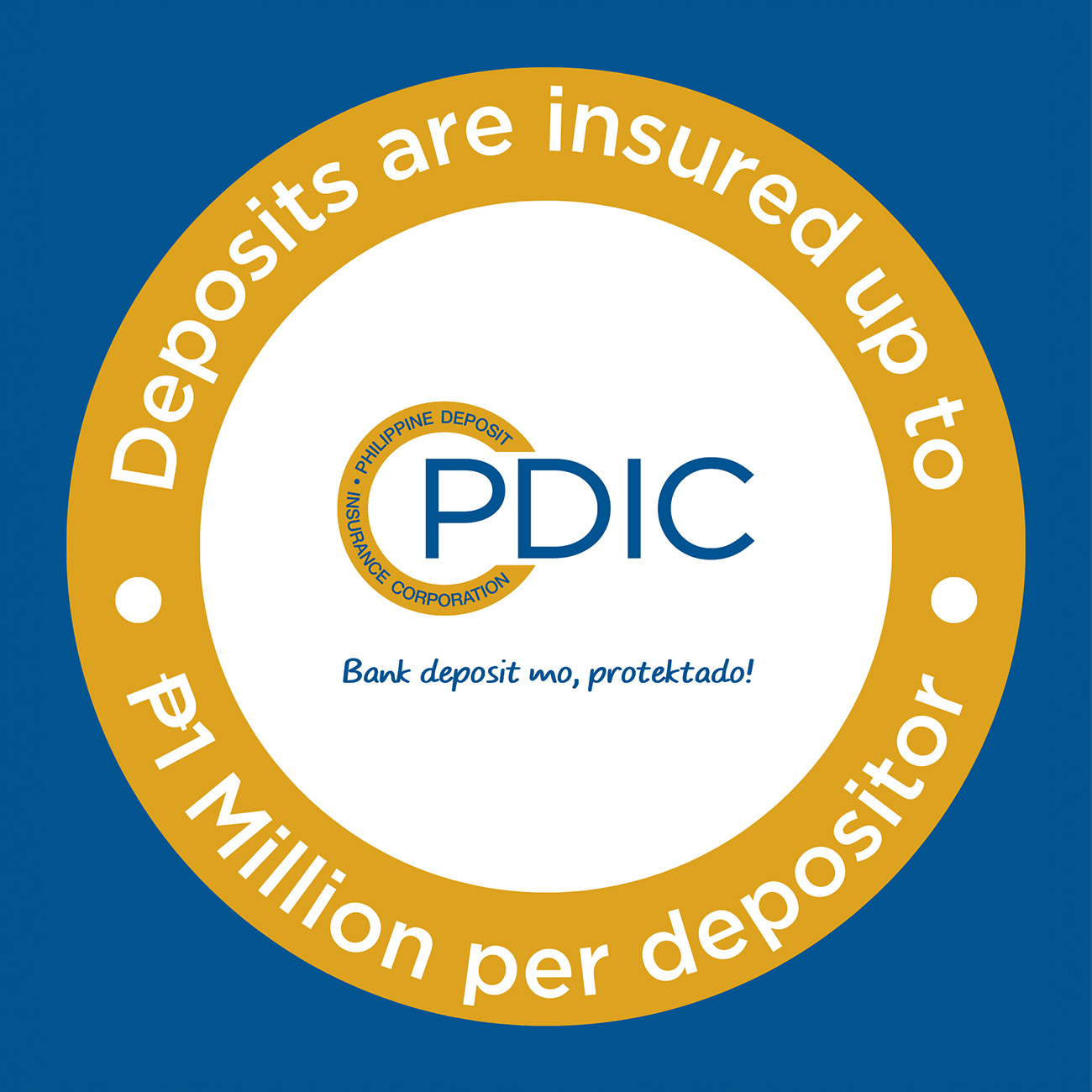What we can do
You may have heard of the Green New Deal in the United States and a similar one being adopted by the European Union. The Green New Deal seeks to avert climate disasters by reducing greenhouse gas emissions while fixing problems associated with such a move, including economic inequality and racial injustice.
A new movement calling for a “Blue New Deal” has emerged in the United States. Its proponents, led by David Helvarg and his advocacy group Blue Frontier, call for the adoption of ocean-based solutions for CC.
The group has a comprehensive set of policies and programs to help protect the oceans and assist coastal communities in the United States cope with CC. This Blue New Deal focuses on four areas: (1) coastal adaptation and financing; (2) clean ocean energy; (3) ports, shipping, and the maritime sector; and (4) sustainable fisheries, aquaculture, and marine biodiversity conservation.
In the Philippines, there is no formal Green New Deal being pushed in Congress, but we have laws and programs that help protect the environment. But like in the United States and elsewhere, these laws and programs are inadequate, and we have neglected our seas in our programs addressing CC.
One glaring manifestation of our neglect is our ranking as the third biggest polluter of the oceans, after China and Indonesia. This is according to the Ocean Conservancy charity and the McKinsey Center for Business and Environment.
Our country generates around 2.7 million tons of plastic waste annually, and the worst thing is that around 20% of that goes to our seas. The Global Alliance for Incinerator Alternatives, an environment group, said the country consumes 163 million pieces of plastic sachets a day. This means more than one and a half of our population is throwing away a piece of plastic every day, 365 days a year.



